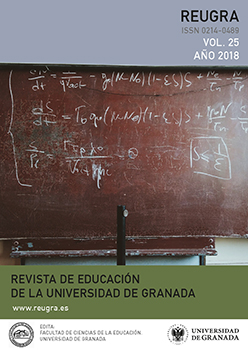Alfabetización digital, lengua y literatura en la cibercultura: los ‘fanfics’ como recurso pedagógico
Contenido principal del artículo
Resumen
Este estudio busca discutir y analizar, cualitativamente, la articulación de los fanfics como recurso didáctico para la enseñanza de lengua y literatura hispánica y sus implicaciones en el alfabetismo digital de los lectores. Se utiliza como marco teórico: Lemos (2009 e 2015), Alves (2015), Buzato (2004 and 2013), Coscarelli (2009), Vargas (2005), Neves (2014), Azzari & Custodio (2013), Almeida (2013), Almeida & Pais (2012), Cope & Kalantzis (2006) y Schlemmer (2010, 2013 y 2014). Se concluye que la enseñanza de lengua y literatura, en soporte digital, contribuye al alfabetismo digital; la escuela necesita apropiarse de nuevas actitudes para acompañar los cambios culturales en las prácticas sociales pertinentes a la inserción e inmersión de nuevas tecnologías, además de promover momentos de interacción, reflexión y discusión sobre literatura, lectura y autoría. Este género (fanfics), cuando se utiliza de forma dinámica, funciona como un objeto fronterizo entre dos mundos o mentalidades y además del más lleva al interior del aula la vivencia y práctica social de los jóvenes.



